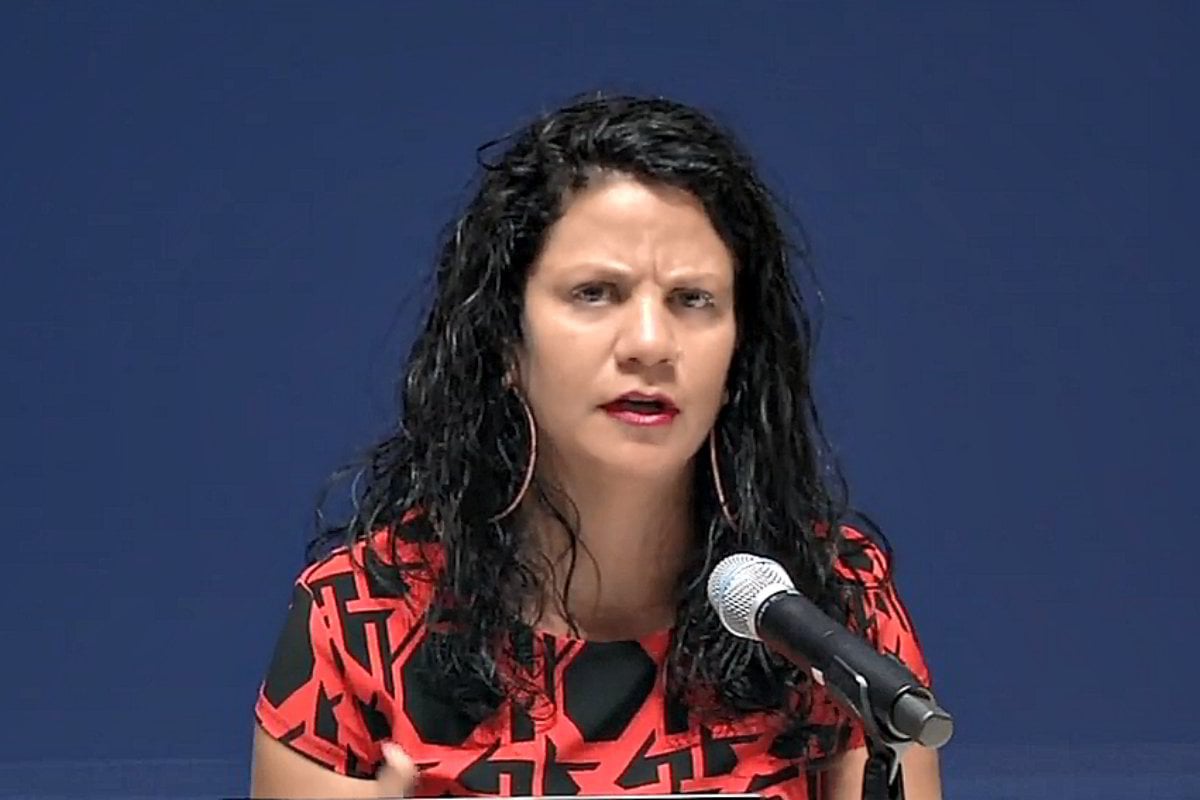
In the acknowledgements of her 2018 book, Fugitive Modernities, Associate Professor Jessica Krug paid tribute to her ancestors, "unknown, unnamed, who bled life into a future they had no reason to believe could or should exist."
For years, the George Washington University academic led the world to believe that those ancestors were Black.
Watch: Rachel Dolezal duped people into believing she was African American.
She proudly claimed a Black Caribbean identity that underpinned her studies as a historian of "politics, ideas, and cultural practices in Africa and the African Diaspora". She was vocal in her activism and agitation, calling out white oppressors and centreing herself in the minority experience.
In a now-deleted article for Essence, she addressed her "fellow boricua" (the name Indigenous Puerto Ricans gave to people of the island) and "fellow colonised people of all nations". In the author bio beneath, she described herself as "an unrepentant and unreformed child of the hood".
It was all a lie.
In a stunning confession posted to self-publishing platform Medium on Thursday, Krug wrote that she is not, in fact, a woman of colour. Instead, she had carefully cultivated a false identity "from the fabric of Black lives"; a years-long ruse she described as an "avalanche of deceit".

Top Comments